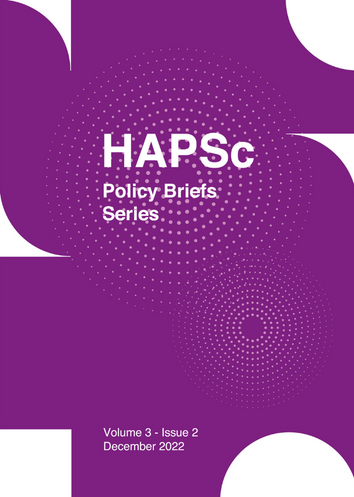Greening International Trade: Unilateral Tendencies and the Role of International Institutions
Аннотация
International climate and trade regimes are becoming increasingly interchangeably linked to each other. Over the last months’ discussions about greening the international trade have rapidly increased, aiming to take concrete steps towards climate mitigation. Some countries such as the EU have come up with courageous unilateral measures such as the Carbon Border Adjustment Mechanism (CBAM), and Germany forwarded by introducing to the G7 the idea of a Climate Club. Bypassing international institutions might be flexible to move forward, but at the same time may create fragmentation of the international regimes. This policy brief maps the new unilateral tendencies towards climate-related measures on trade policy and also examines the internal dynamic within the international organization. Firstly, it starts by analyzing how the regime complexity of climate change has left space for non-multilateral tendencies to emerge. Second, it maps the new tendencies and then explores how we got there. And lastly, it draws some insights into the potential risk of a more fragmented international climate regime may pose for international cooperation.
Article Details
- Как цитировать
-
Abedinaj, D. (2022). Greening International Trade: Unilateral Tendencies and the Role of International Institutions. HAPSc Policy Briefs Series, 3(2), 79–85. https://doi.org/10.12681/hapscpbs.33786
- Раздел
- Articles

Это произведение доступно по лицензии Creative Commons «Attribution» («Атрибуция») 4.0 Всемирная.
Authors retain copyright and grant the journal right of first publication with the work simultaneously licensed under a Creative Commons Attribution License that allows others to share the work with an acknowledgement of the work's authorship and initial publication in this journal.


